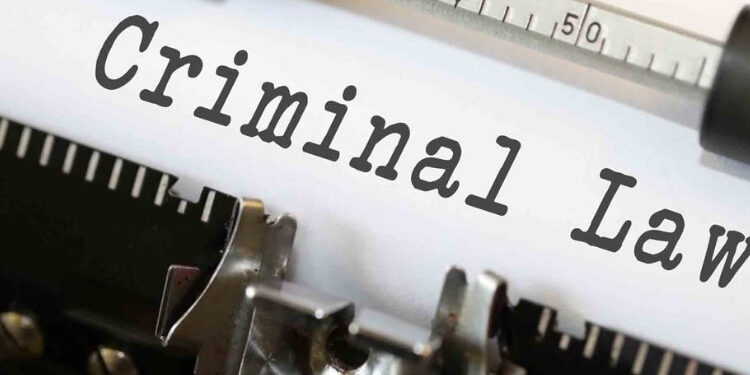CRIMINAL LAW
Criminal law is the corpus of legislation that characterizes behavior deemed to be damaging, threatening, or posing another risk to property, people’s health, safety, or welfare. There are several categories of offenses under the domain of criminal law, and each has a unique set of penalties.
Also check high court criminal lawyers in bangalore
WHERE DOES THE CRIMINAL LAW COME FROM?
Legislation issued by a legislature establishes the majority of criminal laws through statutes. State and federal criminal laws in the United States specify certain offenses and the various severity levels associated with them.
Different jurisdictions have different sanctions for different levels of crime. Criminal laws in each state are distinct from those in the federal government.
PUNISHMENT AND REHABILITATION
Penal law also covers the rehabilitation and punishment of those who break these laws. Criminal law varies from jurisdiction to jurisdiction and is not the same as civil law, which places more of a focus on victim compensation and dispute settlement than it does on punishment or rehabilitation. Criminal procedure is a structured official process that involves establishing the commission of a crime and providing the offender with either punitive or rehabilitative treatment.
PURPOSE OF CRIMINAL LAW
The goal of criminal law is to keep criminal activity from harming society. This is accomplished via the use of criminal law, which also serves to punish offenders and rehabilitate those who have already been found guilty of crimes.
CRIMINAL PROCESS
Charge documents are submitted to the court by prosecutors when they decide to press charges. A criminal allegation and the specific accusations the defendant is facing are detailed in the charging document.
The arraignment of the defendant will occur upon the filing of the charge document. A plea of guilty, not guilty, or no contest may be entered by the defendant during the arraignment after they are advised of the allegations against them.
There will be a trial if the defendant enters a not-guilty plea. To try and establish the defendant’s guilt, the prosecution will put evidence before the jury throughout the trial. To support their case, the defendant will be able to provide evidence.
WHO HAS THE BURDEN OF PROOF IN CRIMINAL CASES?
In most civil actions, both the plaintiff and the defendant bear the burden of proof; the plaintiff must provide proof of their responsibility, while the defendant must provide proof of their innocence.
The burden of proof, however, is with the prosecution in criminal matters. Beyond a reasonable doubt, the prosecutor must establish the defendant’s guilt. In contrast, there is nothing that the defense must demonstrate. Just casting doubt on the criminal prosecution’s case is what the defense can accomplish.
JURIES IN CRIMINAL CASES
A jury can also be called in a civil case. In criminal cases, juries typically consist of six to twelve members. If the jury finds the defendant not guilty beyond a reasonable doubt, the defendant must be found not guilty. If the jury finds the defendant guilty, the defendant cannot be found guilty.

